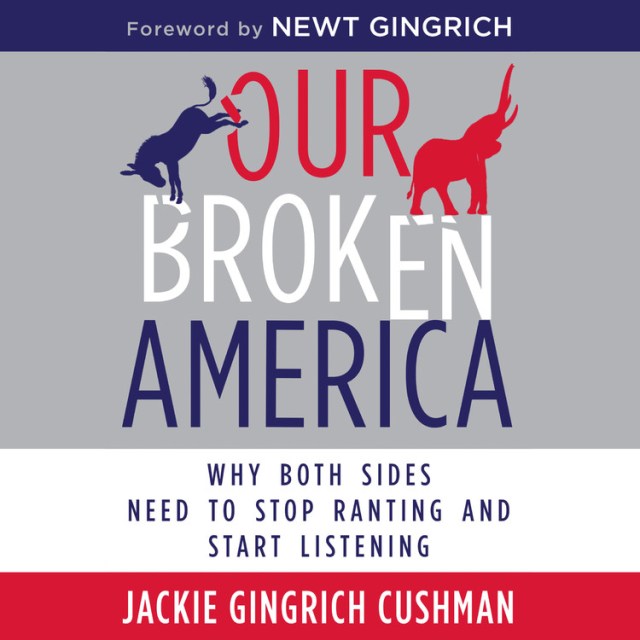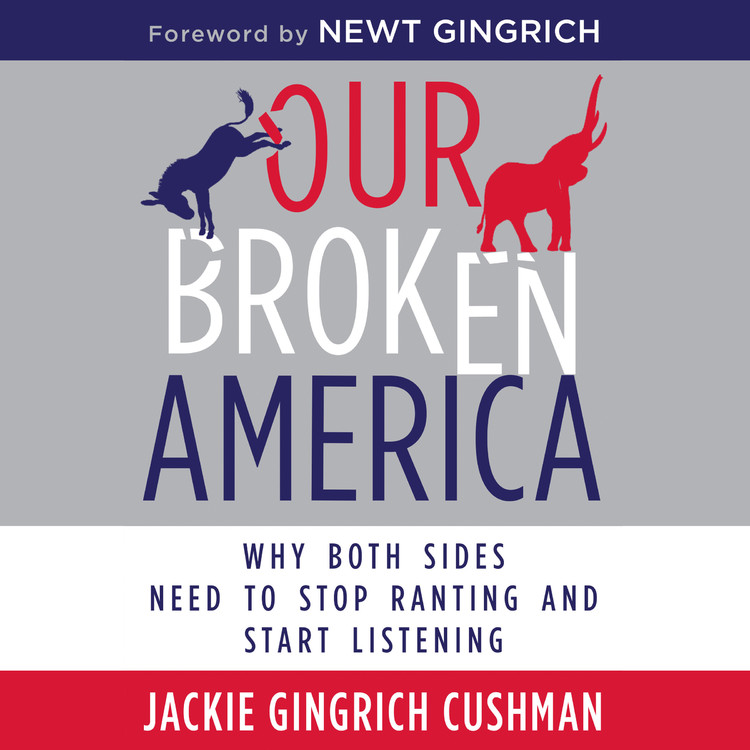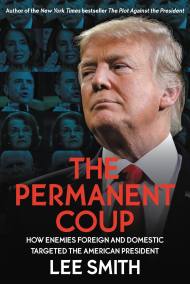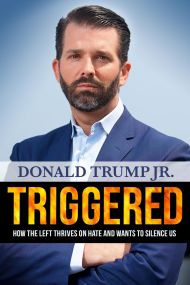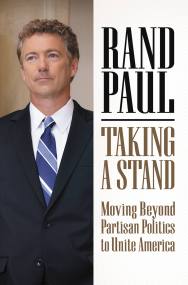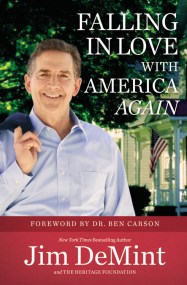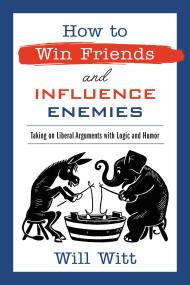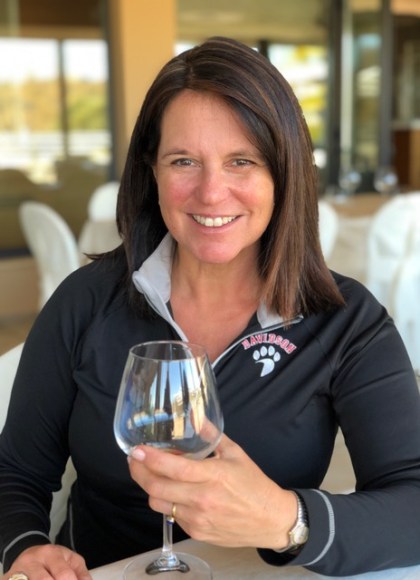By clicking “Accept,” you agree to the use of cookies and similar technologies on your device as set forth in our Cookie Policy and our Privacy Policy. Please note that certain cookies are essential for this website to function properly and do not require user consent to be deployed.
Our Broken America
Why Both Sides Need to Stop Ranting and Start Listening
Contributors
Foreword by Newt Gingrich
Read by Newt Gingrich
Read by Sabina Brendel
Formats and Prices
- On Sale
- Sep 17, 2019
- Publisher
- Hachette Audio
- ISBN-13
- 9781549178993
Format
Format:
- Audiobook Download (Unabridged)
- ebook $14.99 $19.99 CAD
- Hardcover $29.00 $37.00 CAD
This item is a preorder. Your payment method will be charged immediately, and the product is expected to ship on or around September 17, 2019. This date is subject to change due to shipping delays beyond our control.
Buy from Other Retailers:
Newsletter Signup
By clicking ‘Sign Up,’ I acknowledge that I have read and agree to Hachette Book Group’s Privacy Policy and Terms of Use
